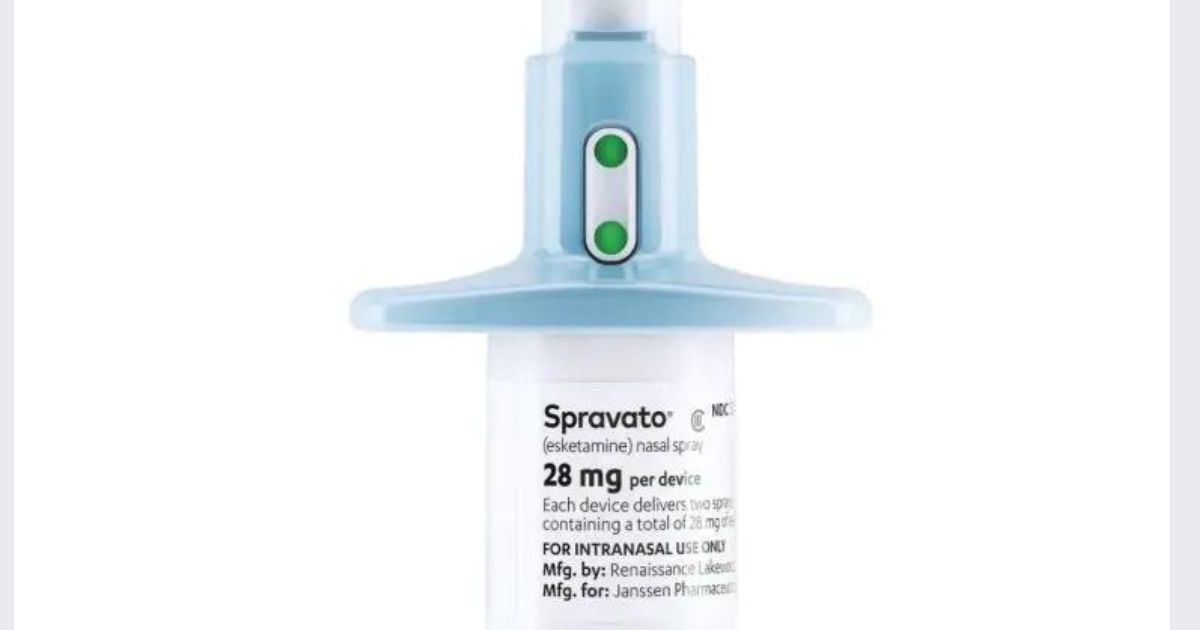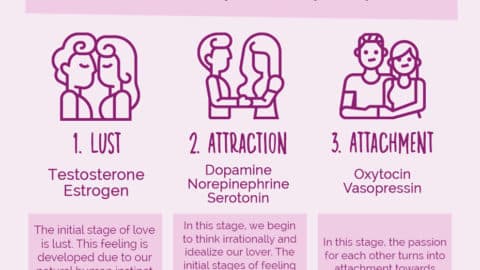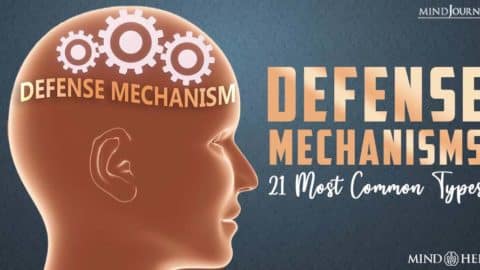In a significant stride forward in the realm of depression treatment, Esketamine spray has emerged as a promising solution for individuals battling treatment-resistant depression (TRD).
This particular form of major depressive disorder poses a formidable challenge as it persists even after patients have undergone multiple rounds of antidepressant medications.
Historically, TRD has posed a substantial challenge to the medical community. According to research conducted by the National Institute of Mental Health (NIMH), initial treatments for depression result in remission for about a third of patients.
However, subsequent treatment attempts yield diminishing returns, with only 10-15% achieving remission after their third trial. This grim reality underscores the urgent need for more effective intervention strategies.
Enter Esketamine spray, developed by Janssen. Derived from ketamine, this formulation has demonstrated remarkable efficacy in comparison to a placebo in multiple clinical trials. It has garnered approvals from both the US Food and Drug Administration (FDA) in the United States and the European Medicines Agency (EMA) in Europe.
But why is there a demand for yet another drug in the already saturated antidepressant market? And why the need for another study on Esketamine nasal spray?
Albino Oliveira-Maia, head of the Champalimaud Foundation’s Neuropsychiatry Unit and the national coordinator for Portugal in the study, provides some insight. “While numerous treatments exist for depression, there is a scarcity of drug options tailored specifically for TRD,” he says.
“Furthermore, for pharmaceutical companies to gain acceptance from clinicians, patients, health insurance providers, and governments, they must demonstrate a distinct advantage over existing treatment methods. This rationale underpins the significance of this study.”
As research into Esketamine nasal spray progresses, it holds the potential to usher in a new era in the management of TRD. This innovative treatment offers renewed hope for those grappling with depression that has thus far proven resistant to conventional therapies.
With the FDA and EMA’s seal of approval, Esketamine nasal spray may become a pivotal addition to the arsenal of tools available to combat this formidable mental health challenge.
Looking Ahead: What Does the Future Hold?
The results of the study bring hope to those dealing with TRD. However, there’s a big hurdle to overcome: making these treatments accessible to patients.
Right now, in Portugal and many other places, it’s hard to get approved treatments for TRD, like esketamine spray. We also face challenges with treatments like electroconvulsive therapy and transcranial magnetic stimulation (TMS).
To make sure these treatments reach the people who need them, we need to keep researching and advocating for better access. The road ahead may be tough, but it’s a step in the right direction for improving mental health care.
Stay tuned for further developments in the field of mental health as researchers and pharmaceutical companies continue their quest to provide more effective and accessible treatments for individuals living with depression and related conditions.





